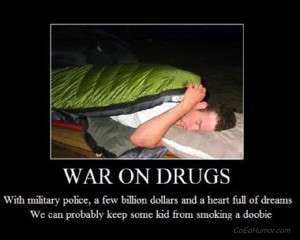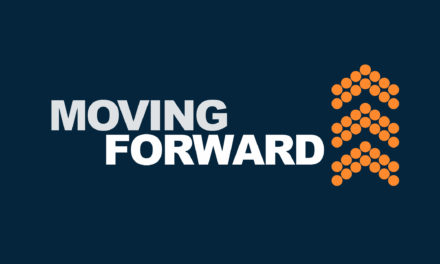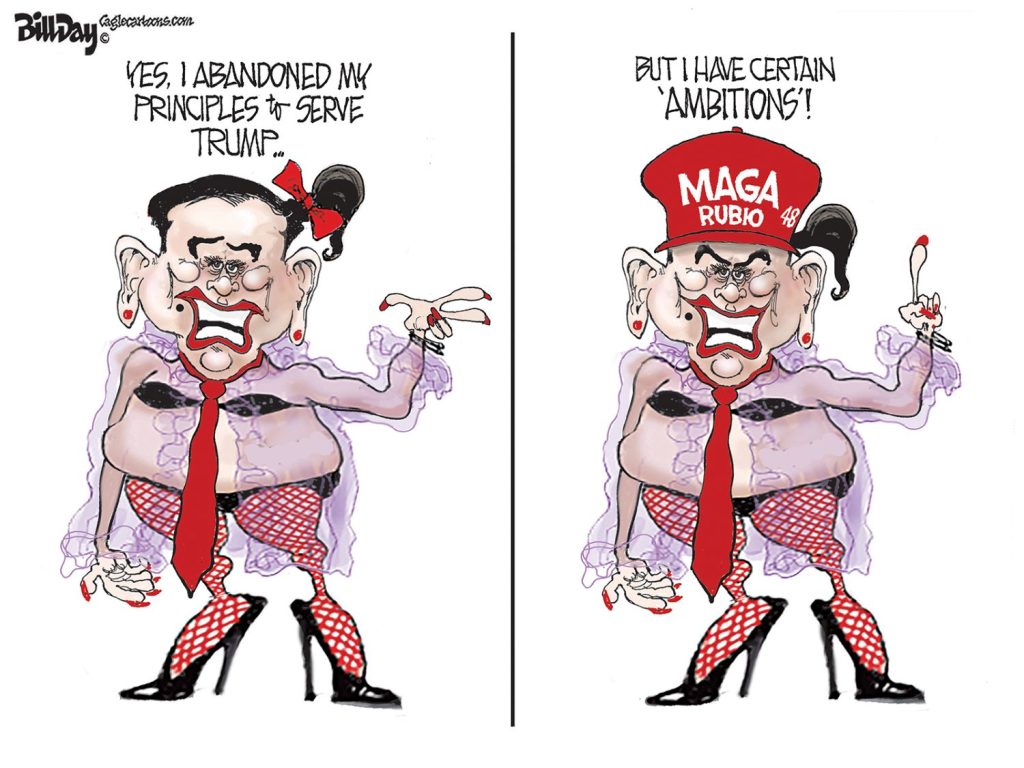Putting Eric Gales in jail again for drugs makes about as much sense as asking Glenn Beck to teach a class in logic. They should be putting him in South Florida Drug Rehab, to get the help he needs.
It’s simply time for us to act smarter, and it begins by decriminalizing addiction for people like Mr. Gales. It is clear that he is an exceptional guitarist and clearer still that he is fighting a demon, and because of it, jail is a lame substitute for treatment.
Three months after completing a three-year sentence on a drug charge, he was arrested on Beale Street after the dreaded smell of reefer madness hung in the air and he was slow to move his car. Police found a bottle of pills in his pocket and two small bags of cocaine and Xanax bars.
Of course, the police, as they are prone, said the cocaine and Xanax bars were obviously for resale.
Exit Strategy
We’re sure that before it’s over Mr. Gales will be treated by the attorney general’s office as if he’s a drug kingpin and not just a musician with a bad habit. We’re past the point of expecting a dose of rationality in drug charges and prosecutions, but wouldn’t it make a lot more sense – not to mention save a lot of tax money – to get Mr. Gales the help he needs?
Come to think of it, isn’t it about time to come up with an “exit strategy” for the war on drugs?
If it is possible for the Wharton Administration and Memphis Police Department wisely to decide to issue more summonses for juveniles accused of minor offenses, let’s try showing equal judgment about drug charges. As for the juvenile summonses, researchers have said that if we want reduce criminal offenders, the first step is to keep teenagers out of the juvenile justice system in the first place.
As Memphis Mayor AC Wharton rightly said, the “introduction into Juvenile Court often makes the situation worse.” The new policy about juveniles extends the police officer’s discretion on whether to arrest juveniles. It would be just as wise to apply the same approach to drug charges. When King County (Seattle) did it, it reduced jail population by 25% with no attendant outbreak in drug crimes.
The progress in King County didn’t come from politicians, who are petrified of looking soft on crime. Instead, it came from the bar association there, which said it wanted to undercut the violent, illegal markets that spawn disease, crime, corruption, mayhem and death and to find wiser uses for scarce public resources.
Battle Lines
Our country’s heavy-handed drug eradication campaigns in Columbia are just about as successful in our military ventures in the Middle East. The truth is that after decades and hundreds of billions of dollars fighting drugs, we’re no closer to eradicating them than we were when we started. Perhaps, just perhaps, we should consider a different approach. Harsh punishment for minor drug crimes is packing jails and running up public costs.
This year, governments will spend about $110 billion on the “war” on drugs, and it has been reported that about half are for marijuana charges at a time when cannabis is seeing wide use and growing tolerance. Nationwide support for legalizing marijuana is 44%, up 8% since 2005.
Already, signs of a breakthrough in thinking are being seen, notably in California where voters will decide later this year if it should be legal for any Californian 21 years or older to grow or use marijuana. There would be no need to show medical need, and cannabis would be taxed with projections that it can produce billions of dollars in new taxes.
The California State Conference of the NAACP has issued an “unconditional endorsement” of the legalization initiative. Alice Huffman, the group’s president, attacked the current marijuana laws as a de facto way to criminalize young black men, citing a Drug Policy Alliance report showing that while total marijuana arrests in California spiraled from 20,000 in 1990 to 60,000 in 2008, arrests for “youth of color” rose four times faster.
Symbols of Failure
Federal surveys have consistently shown that young whites are more likely to use marijuana than young blacks. But in every one of California’s largest 25 urban counties, arrests of African-Americans for possessing marijuana exceed those for whites. In Los Angeles County, African-Americans are 10 percent of the population but account for 30 percent of marijuana arrests.
In the years since President Richard Nixon declared “war on drugs,” 38 million people have been arrested, most for simple possession. In many of those years, the financial costs were jarring, but in light of the way that the Taliban protects poppy farmers to produce profits to plow back into terrorist campaigns against the U.S., it also makes little sense in terms of national security.
To underscore the illogic of the anti-drug campaign, for about $600 million, we could pay Afghan farmers the same price that the drug lords and the Taliban do. It would be a fraction of the price that we’re spending on our drug eradication program there. Isn’t it possible that we could be humanitarian and smart at the same time?
In this way, the complexity of our world is shown in the connection of Mr. Gales in Memphis to farmers tending poppy fields in the Afghan countryside as symbols of a failed war on drugs that continues to consume money that could otherwise be spent on services or to cut costs of government.
Prohibition
Meanwhile, Mr. Gales faces a future that may add him to the 2.2 million Americans behind bars or the 5 million Americans on parole. We exceed Russia and Cuba in incarcerations per 100,000 people, and no country comes close to ours. One-quarter of all sentences are for drug offenses, mostly nonviolent.
Milton Friedman, Nobel Prize-winning economist, was right when he said we’re treating drugs as a criminal issue rather than a public health issue, and conservative icon William Buckley was right when he said the war is lost. As Mr. Friedman said: “Prohibition is an attempted cure that makes matters worse for both the addict and the rest of us.” He said the idea of “more police, more jails, use of military in foreign countries, harsh penalties for drug users and a whole panoply of repressive measures” is simply the wrong path for the U.S.
Maybe the founding fathers were right. After all, George Washington and Thomas Jefferson grew hemp for pain relief. (We’re not mentioning President William McKinley’s fondness for coca wine.)
The local news media continue to treat marijuana as if it’s 1971. A December 23, 2009, Commercial Appeal headline said: “Pot farm near University of Memphis tunneled beneath property.” It had all of the favorite elements – 23 plants (farms must be measured differently when it comes to pot), 30 pounds of marijuana and the customary inflated street values given by law officers and left unquestioned by reporters.
Pot Shots
It’s not just pot that gets the overwrought media treatment that contributes to an overemphasis on marijuana, with reporters parroting without question the talking points of law officers and prosecutors. In this regard, meth is the new marijuana. There are headlines about an epidemic (about 0.2% of Americans have used meth) and apocalyptic statements by justice officials (such as, one time use is instant addiction) as they ask for harsh mandatory sentencing.
Based on media hysteria, it’s hard to remember at times that meth is one of the least-used drugs, and studies in Tennessee, Texas, Iowa and California indicated that two-thirds of users are meth-free after therapy.
Lost in all this hype and political hyperbole about drugs is the fact that we are talking about individuals, dashed lives and lost hope. Mr. Gales reminds us that there has to be a better way to address drug problems, because it’s inescapable that what we are doing is simply not working.





Thanks for this post, sometimes when I read the endless stories in the CA about the “drug problem” I wonder if part of the effort to “monetize” content there is to become the PR arm of the police dept. Even to the point of dressing a reporter up as a druggie and working with an undercover cop, something that set off all the ethics alarms from my journalism school days.
The overwrought series on crime the CA did and the recent drug “kingpin” arrested in Mexico who is from Memphis are other examples. Despite all the time wasted and pixels burned on those stories I don’t remember a bust of any significant amounts. Small-time dealers shot in SWAT style raids. I’ve heard our current drug war described as the new Jim Crow. Among the “benefits” is disenfranchising a huge portion of African American males while whites seldom see the inside of a jail cell.
We’ve all heard that old saw about defining insanity as doing the same thing over and over and expecting different results. So goeth the drug war. Too bad the media seldom reports this truth.
This looks like an interesting read for a more in depth follow up on this post. I have not read it yet but may.
http://motherjones.com/politics/2010/03/new-jim-crow-war-on-drugs
Washington and Jefferson did not grow hemp for pain relief.
“To underscore the illogic of the anti-drug campaign, for about $600 million, we could pay Afghan farmers the same price that the drug lords and the Taliban do. It would be a fraction of the price that we’re spending on our drug eradication program there. ”
When you get that to pass I’ll be amazed, however, you do now have a chance at it, a good chance.
It’s a good post, I’ve been advocating rehabilitation for offenses for a while. There needs to be a dynamic feedback system built in and statistics gathered on effectiveness, otherwise, you don’t know that it would do any more good than plain jail.
Failed rehab, like no rehab, is often a death sentence. It doesn’t have to be that way for 80% of the people who try it IF we do our best and hold ourselves accountable for RESULTS.
Every voice of sanity on this topic helps.
Amen. Great post. Sounds like you’ve been watching the eye-opening Drugs Inc. special on the Nat Geo channel like I have. It’s mind-blowing to see each drug tracked from the farmers across the world growing them, to the junkies here using them. I loved seeing the drug clinics in Vancouver where the heroin junkies can go to get clean needles and a clean room to administer their fix – has reduced the spread of AIDS there drastically. This is one war we aren’t ever going to win – time for a new approach.
MemphisJ,
Back in the days before drugs were illegal, people literally died on the corner from overdoses of opiates and cocaine. You could walk around with a bag of cocaine, in fact, CocaCola has confessed to the “secret (?) ingredient” being cocaine. No mystery to cotton pickers who used it to stay working when they got tired, it made your tongue numb.
Institutionalized drug pushing.
If an embedded reporter could have gotten a story out back then, he would have been killed.
In the drug business, just two people up from the man on the street user is a guy with a gun. From dime bags of pot, up to ounces of pot, to pounds of pot and a gun and guy who wants his money, then on to bales of pot in semi trailers. It used to be that they couldn’t guarantee the quality of the product, so, billing practices were lax all over the country for pot, the so called peaceful drug, then, some guys from Memphis demanded their money with guns and demanded that al their customers do the same or else. They delivered their drugs in the back of pickups, sometimes throwing it into empty lots in lawn leaf bags (to be picked up later by local distributor) sometimes delivered to houses, either way, they would say “anybody comes in here while I’m here, they die” enforced at gunpoint.
Memphis, at the forefront of violence in the drug trade once again.
If you really want to know about how it really works, read this:
http://www.narconews.com/narcodollars1.html
You don’t have to believe it, you don’t have to believe a chair is a chair, but, when you want to sit down you might change your mind, likewise, when you want to actually do something real about this, you’ll have to get to the core ideology of it and it’s physical mechanism.
Just try to remember that that area where your knees and waiste are bent and there is motion to lower your body is NOT “trying to sit down”.
“Trying” to “win” a drug war?
That’s problem #1, the whole paradigm is perfect for failure.
You might “manage a drug industry”, though we have had pitiful little success at that either, but, you won’t win a drug war, mainly because it is a farce. People are dying in it and it is being publicized as a real effort, and people are putting in effort and dying in that effort, only to be undercut by our own government due to some really bad deals made without sunshine.
FYI, those men from Memphis insisting on using guns to collect money were white, all of them.